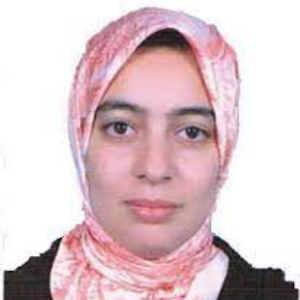Title : Optical properties, influence of the polarization and the temperature on heterojunction organic solar cell
Abstract:
We investigate the dark current-voltage properties of P3HT: PCBM based solar cell at different temperatures. The experimental data were fitted using two methods: Analytical Lambert Method, and Two Regions Method. Several electrical parameters such as: ideality factor n, series resistance Rs and shunt resistance Rsh were determined. The ideality factor for this device is bigger than unity which is discussed in terms: (i) existence of trap levels due to impurities in the band gap and (ii) the presence of tunneling conduction. It is shown that the J-V curves are driven by different effects depending on voltage and temperature ranges. By fitting the temperature dependence of the equivalent circuit’s, we extract many essential parameters such as: potential barrier (Φb), Poole Frenkel coefficient βp, mobility μ, and carrier concentration. It is shown that at low temperature the transport properties are governed by Schottky effect while at high temperature the Poole-Frenkel effect is prevailing.
What will audience learn from your presentation?
Energy harvesting from sunlight is important for saving fossil fuels, which are found to be in a limited quantity in the universe. Photovoltaic devices transforming light into electricity are presently fabricated by semiconductors. However, the main disadvantage of these semiconductor photovoltaic devices is the cost, where their price/efficiency combination cannot compete with other sources of electricity. Organic photovoltaic appear to be a good alternative for reducing the cost of photovoltaic devices since they are uniquely cheap.
We discuss the electrical and optical properties, of the sample structure P3HT: PCBM which provide information on the absorption of each material, and therefore on the performance of devices and also, the limits to be respected to improve the efficiency of these devices.


